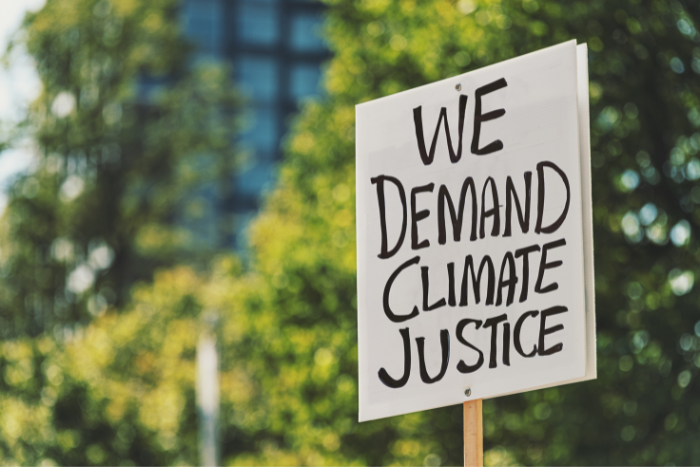The Court said the government’s climate targets do not safeguard the rights of future generations and has mandated the creation of emission reduction plans for the period from 2031-49
In a historic ruling on August 29, 2024, the South Korean Constitutional Court declared a provision of the country’s climate law unconstitutional. The Court said that the government’s climate targets are unconstitutional because they do not safeguard the rights of future generations.
This order represented a significant step forward in recognising the need for more robust climate protection measures.
The Constitutional Court unanimously ruled that Article 8, Paragraph 1 of the ‘Framework Act on Carbon Neutrality and Green Growth’ is not in conformity with the constitution and ordered the national assembly to amend the law by February 28, 2026.
The court also mandated the creation of emission reduction plans for the period from 2031-49 and instructed the government to amend the carbon neutrality law to incorporate these plans.
The court’s ruling brought to a close four years of legal battles. In March 2020, Youth4ClimateAction filed the first complaint, claiming that the government’s inadequate targets for reducing greenhouse gas emissions infringed against citizens’ fundamental rights, especially those of future generations. Later, three more cases brought by civil society organisations were added to the original case, making the total number of plaintiffs involved 255.
Hits and misses
The central issue in these cases was whether the government’s target to reduce greenhouse gas emissions by 40% from 2018 levels by 2030, as outlined in the ‘Carbon Neutrality Act’, was sufficient to protect the fundamental rights guaranteed by the constitution. The constitutional court found that the lack of legally binding targets for reductions beyond 2031 violated the constitutional rights of future generations and failed to uphold the government’s duty to protect those rights.
However, the court dismissed other claims challenging the ‘Carbon Neutrality Basic Plan’ and the enforcement decrees of the ‘Framework Act on Carbon Neutrality and Green Growth’.
“There is some disappointment regarding the parts that were not upheld today. However, it is clear that today’s ruling represents meaningful progress in protecting everyone’s rights beyond the climate crisis. The decision we face today is not just a victory for the plaintiffs who filed the lawsuit; it is an achievement for all those who have been excluded from the national climate response process while confronting the climate crisis,” stated the joint statement by the plaintiff groups released after the decision.
Far-reaching implications
This historic decision is expected to have far-reaching implications beyond South Korea, influencing climate litigation and policy in other Asian countries such as Japan and Taiwan, where similar cases are currently underway. The ruling could serve as a critical turning point, inspiring further legal actions across Asia to challenge insufficient climate policies.
Sejong Yoon, an attorney who has represented the case since the 2020 Youth Climate Litigation, emphasised the importance of the ruling: “The constitutional court’s ruling of unconstitutionality has binding authority over all state institutions by law, and it is the duty of the national assembly and the government as mandated by law.” He further noted, “The core reason for the unconstitutionality is the regulation of reduction targets that impose an excessive burden without considering the rights of future generations. Therefore, a new greenhouse gas reduction pathway that addresses this unconstitutionality must be presented within the timeframe set by the court.”
Plaintiffs and their legal representatives saw this decision not as the end, but as the beginning of a renewed push for more ambitious climate action.
About The Author
You may also like
India says it won’t rely on global climate or pollution rankings to shape policies
COP30 Kicks Off With Hard Talks on Money, Adaptation and Global South Leadership
COP30 should be the COP of adaptation, says environment minister Bhupendra Yadav
Investing in solar, storage can save Thailand close to $2 billion: Report
India to release updated climate plan ‘during, or just ahead’ of Brazil COP in Nov

